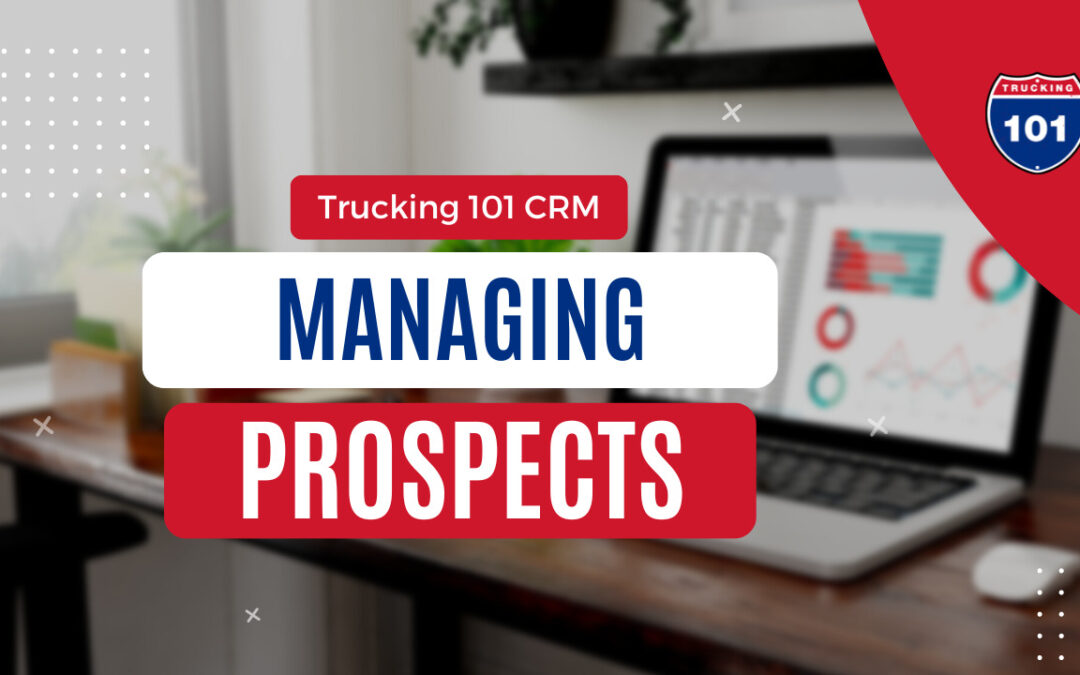- Collecting Freight Charges Through the Broker’s Bond
- Collecting Freight Charges from Shippers and Consignees
- Collecting Freight Charges Through the Courts
- Legal Protections for Motor Carriers
- Conclusion
- FAQs
- What is a broker’s bond?
- Can a motor carrier collect freight charges from the shipper and consignee?
- What if the shipper or consignee refuses to pay freight charges?
- Can a motor carrier collect freight charges from the consignee if hired by the shipper?
- What legal protections do motor carriers have when it comes to getting paid for their services?
In This Article
In this article, readers will learn about alternative methods for collecting freight charges when a broker doesn’t pay. We’ll cover the broker’s bond, collecting from shippers and consignees, and enforcing liability through the courts. We’ll also discuss the legal protections afforded to motor carriers when it comes to getting paid for their services.
In the freight industry, brokers play a critical role in connecting shippers with motor carriers. However, too many motor carriers have experienced situations where brokers collect money from shippers and fail to pay them. This can be devastating for small motor carriers who rely on the timely payment of freight charges to keep their businesses running.
This article will discuss alternative methods for collecting freight charges when a broker doesn’t pay. We’ll cover the broker’s bond, collecting from shippers and consignees, and enforcing liability through the courts. We’ll also discuss the legal protections afforded to motor carriers when it comes to getting paid for their services.
Collecting Freight Charges Through the Broker’s Bond
One alternative method for collecting freight charges is through the broker’s bond. However, this method has its limitations. Often, the broker owes money to many motor carriers, and the bond is empty or only pays pennies on the dollar. Additionally, bond companies may deny freight charge claims at the direction of the broker.
Collecting Freight Charges from Shippers and Consignees
Motor carriers can also collect freight charges from the shipper and consignee, even if the shipper or consignee has already paid the broker. While this may seem unfair to the shipper or consignee, the law allows for double payment of freight charges in certain circumstances. Motor carriers can educate shippers and consignees on their liability, and courts will often enforce it.
Collecting Freight Charges Through the Courts
Suppose the shipper or consignee refuses to accept their liability. In that case, motor carriers can turn to the courts to collect their freight charges. The same principle applies when a motor carrier’s shipper customer fails to pay freight charges. The motor carrier can generally collect the charges from the consignee and vice versa.
Legal Protections for Motor Carriers
The law protects motor carriers and favors them getting paid for their services. As a court in the Southern District of Texas explained, the carrier gets paid absent malfeasance. Motor carriers should understand their rights and options for collecting freight charges when a broker doesn’t pay.
Conclusion
Collecting freight charges is a critical component of the motor carrier business. When brokers fail to pay, motor carriers have alternative methods for collecting the charges they’re owed. By understanding their rights and options, motor carriers can protect their businesses and continue to provide essential services to shippers and consignees.
FAQs
What is a broker’s bond?
A broker’s bond is a type of surety bond that brokers are required to have to operate legally. It is designed to protect shippers and motor carriers in the event that the broker fails to fulfill their contractual obligations. If a broker does not pay the motor carrier for their services, the motor carrier can make a claim against the bond to collect the freight charges owed to them.
Can a motor carrier collect freight charges from the shipper and consignee?
Yes, motor carriers can collect freight charges from the shipper and consignee, even if the broker has already been paid. The law allows for double payment of freight charges in certain circumstances. If the broker fails to pay the motor carrier, the shipper and consignee can be held liable for the unpaid freight charges.
What if the shipper or consignee refuses to pay freight charges?
Suppose the shipper or consignee refuses to pay freight charges. In that case, motor carriers can turn to the courts to collect their money. Courts will often enforce shipper and consignee liability for freight charges as long as the carrier can prove that they provided the services for which they are seeking payment.
Can a motor carrier collect freight charges from the consignee if hired by the shipper?
Yes, suppose the shipper hires a motor carrier. In that case, they can generally collect freight charges from the consignee if the shipper fails to pay. The same principle applies if the consignee hires the motor carrier – they can generally collect freight charges from the shipper if the consignee fails to pay.
What legal protections do motor carriers have when it comes to getting paid for their services?
Motor carriers have several legal protections when it comes to getting paid for their services. The law generally favors motor carriers getting paid for their services, absent malfeasance. This means that unless the motor carrier did something wrong, they are entitled to be paid for their services. Additionally, the law allows for double payment of freight charges in certain circumstances, and courts will often enforce shipper and consignee liability for unpaid freight charges. Finally, suppose a broker fails to pay the motor carrier. In that case, the motor carrier can make a claim against the broker’s bond to collect the money owed to them.










0 Comments